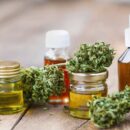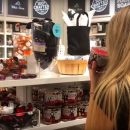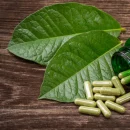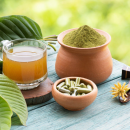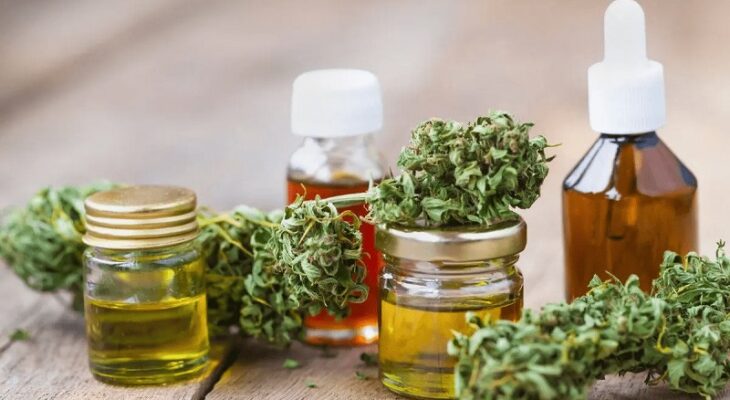
Choose The Right Options for Boxes of CBD
Did you know that nearly a third of half of the cannabis produced and distributed in this country each year is never consumed a victim of cannabis loss and waste? But above all that a third of these lost cannabis stuffs could be recovered, in particular by choosing packaging more suited to each of the products?
The study, prepared by packaging professionals, examines the effectiveness of four commonly used types of CBD packaging materials (plastic, glass, metal and fibers) in extending the shelf life of 12 common cannabis product. Whether it’s to avoid loss and waste or reduce the environmental impact of the cannabis industry, this research highlights the importance of matching the product with the right packaging choice.
In the end, the container is responsible, on average, for only 5% of the total greenhouse gas (GHG) emissions of the cannabis or packaging pairs analyzed. The share of GHG attributable to cannabis loss and waste (FLW) has been shown to be much higher, in the order of more than 22 million tons of CO2 per year in this country, or as much as 4.8 million cars.
Avoid Losses and Waste First
The importance of optimized Custom Cosmetic Boxes packaging, which helps prevent or avoid PGA, is also essential for reducing the carbon footprint of the cannabis industry. Also according to the research report, 11.2 million metric tons of PGA worth $ 49.46 billion can potentially be avoided each year in the country.
In an ideal world, families would all be able to grow, pick and harvest their own cannabis when it is time to eat it. In the reality of cannabis producers, processors and distributors, packaging plays a crucial role in reducing the overall ecological footprint of marketing cannabis, whether it is made of paper, plastic, cardboard or metals.
In order to reduce the ecological footprint of packaging, post-use recovery solutions for materials such as cardboard, plastic and glass recovery or even the collection of compostable organic materials are crucial. The population must also be educated so that they know the chain of use, recovery and recovery of each type of packaging; all plastic is not a bane, and cardboard is not always the best choice.
Possible Solutions
The report proposes a series of measures for cannabis producers, packaging manufacturers, industry groups, recycling companies and governments. Focus groups organized as part of the study in major cities, reflect a marked desire to better develop bulk sales and reusable packaging and to leave more room for innovation.
Finally, upon reading this study, governments will perceive the importance of standardizing the Custom Mylar bags packaging sector, whether in legislation or recycling and composting strategies, which vary from one province to another and sometimes even from one municipality to another.

